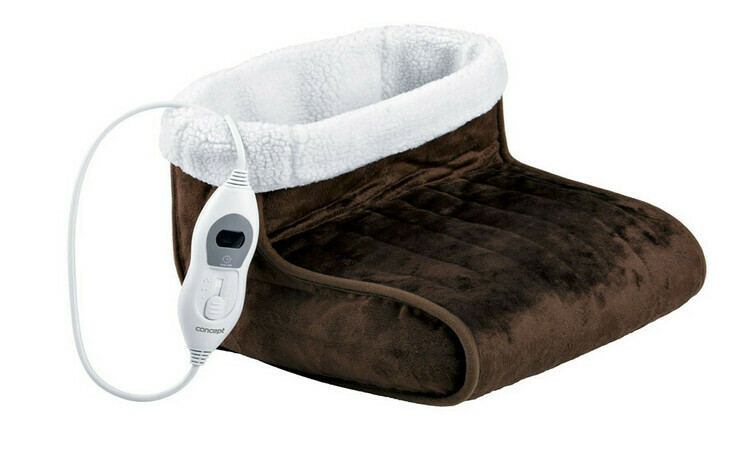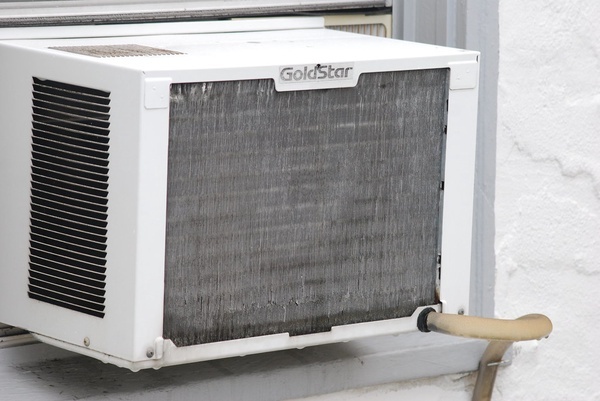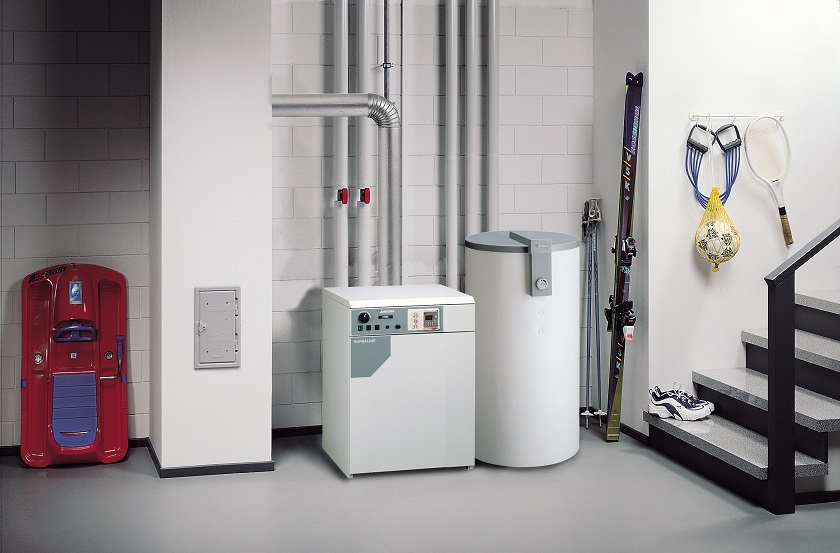The choice of fuel for heating is an important aspect affecting the efficiency and economy of the heating system. Let's look at four main types of fuel: pellets, coal, briquettes and firewood.
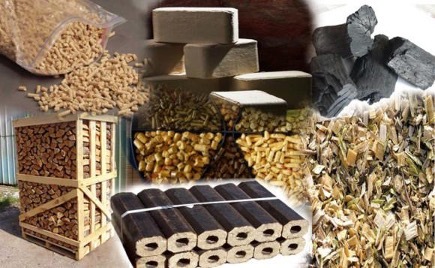
The content of the article
- Pellets – for connoisseurs of environmentally friendly solutions
- Coal is a traditional fuel
- Briquettes that are compact and convenient
- Firewood is an invaluable natural fuel
- Calorific value comparison: data analysis
- Conclusion
Pellets – for connoisseurs of environmentally friendly solutions
Pellets are an excellent choice for those who value environmentally friendly solutions in everyday life. They are made from wood waste, thereby helping to recycle material that might otherwise end up in a landfill. This makes pellets a sustainable and renewable source of energy.
Due to their high calorific value, pellets provide efficient and long-lasting combustion, making them a cost-effective heating solution. They produce less pollution compared to traditional fuels such as coal or wood.
In addition, pellets do not require special storage space and are easy to transport, which adds convenience to their use. These benefits make pellets an attractive and practical choice for today's consumers seeking environmentally friendly and cost-effective solutions.
Coal is a traditional fuel
Coal is a traditional fuel that has been used by humanity for centuries. It has a high calorific value, making it an effective heating solution. However, coal is also associated with high levels of environmental pollution due to the emissions of harmful substances when it is burned.
Traditionally, coal has been available and economical, especially in regions with rich coal deposits. This made it a popular choice for heating homes and industrial plants. However, with the development of technology and increasing environmental awareness, coal is losing its attractiveness.
Current environmental problems associated with coal mining and combustion call into question its future as a major source of heat. Modern technologies and alternative energy sources offer cleaner and more sustainable heating solutions.
Briquettes that are compact and convenient
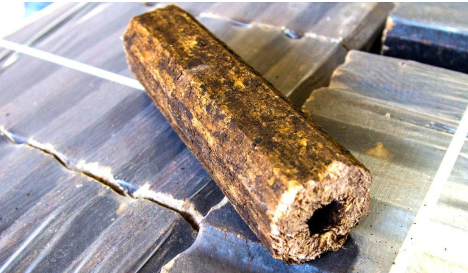
Briquettes are an excellent choice for those who value compactness and convenience. Made from wood or coal, they are compressed fuels that are easy to store and transport. In addition, briquettes have a fairly high calorific value, which makes them an effective heating solution.
Thanks to their shape, the briquettes are convenient to fold, which saves space during storage. This makes them especially useful in tight spaces or for those looking for convenient, inexpensive fuel.
In addition, briquettes produce less smoke and ash compared to firewood, which reduces the cost of maintaining and cleaning heating systems. These characteristics make briquettes a practical and convenient choice for many consumers.
Firewood is an invaluable natural fuel
Firewood is an invaluable natural fuel that people have used for centuries to heat their homes. They are affordable, reproducible and provide the natural warmth that many people value.
Advantages of using firewood:
- Natural warmth and aroma of wood.
- Possibility of use in various types of boilers and fireplaces.
- Providing comfort and atmosphere.
However, firewood requires significant storage space and careful preparation before use. In addition, boilers and fireplaces require regular maintenance to ensure safe and efficient combustion.
Wood is a classic heating choice that continues to be popular due to its naturalness and affordability. However, advances in technology and an increasing desire for environmentally friendly solutions may change how consumers view this traditional fuel in the future.
Calorific value comparison: data analysis
Let us conduct a comparative analysis of the calorific value of various types of fuel:
| Type of fuel | Heat of combustion (MJ/kg) |
|---|---|
| Pellets | 18.5 |
| Coal | 24.0 |
| Briquettes | 19.5 |
| Firewood | 15.0 |
Conclusion
Each type of fuel has its own advantages and disadvantages. The choice between pellets or coal, pellets or briquettes, pellets or firewood depends on your individual needs, storage conditions and environmental preferences.
